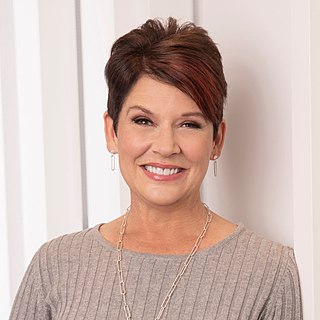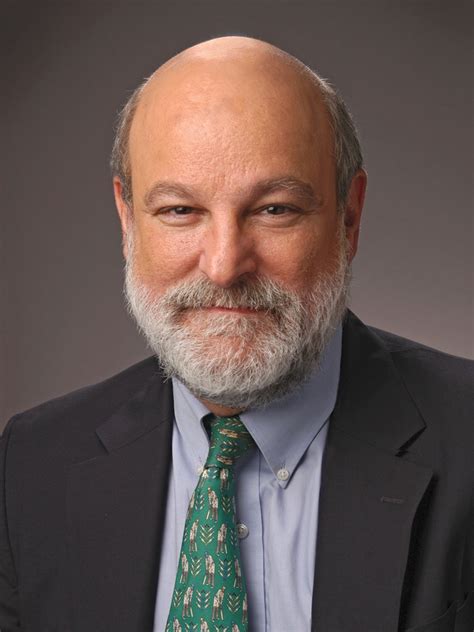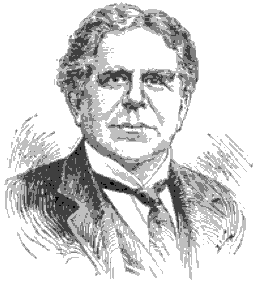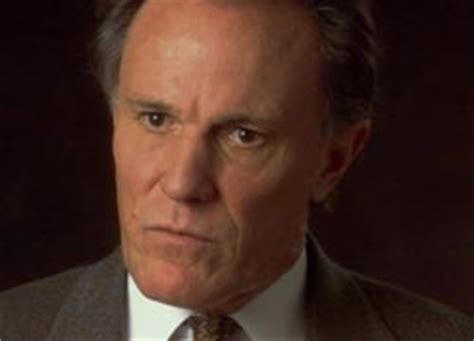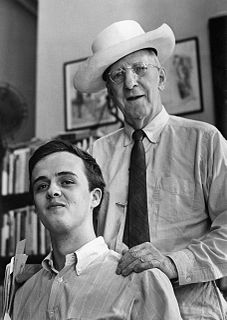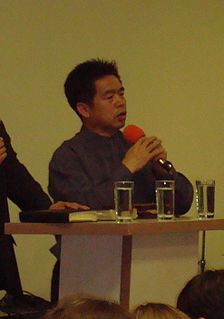A Quote by Jennifer Rothschild
I choose Hosea. Oh, there's no book of the Bible which more beautifully and more painfully demonstrates how very much God loves us.
Related Quotes
The Bible portrays God as entering into covenants with people which, when broken, causes him grief and sorrow. The biblical prophet Hosea and God's using him as an illustration of how much Israel's idolatry costs God emotionally points to God's vulnerability. But also the incarnation of God in Jesus Christ who, even as God the Son, suffered for our sins, points to God's vulnerability.
Such debates [about the nature of Scripture], in my view, distract attention from the real point of what the Bible is there for. Squabbling over particular definitions of the qualities of the Bible is like a married couple squabbling over which of them loves the children more, when they should be getting on with bringing them up and setting them a good example. The Bible is there to enable God's people to be equipped to do God's work in God's world, not to give them an excuse to sit back smugly, knowing they possess all God's truth.
Perhaps the most remarkable thing I found about the Bible was how flexible it is. Here we have a book written 3,000 years ago, with bizarre stories, peculiar laws, erratic deity, and yet we are able - through argument, selective reading, and desire - to find a powerful framework of laws and moral reasoning that have built a very successful society. So this Bible, for all its oddities and flaws, serves us beautifully after all these years.
In my book, The Sins of Scripture, I traced the development of tribal religion, which included ideas like God's killing the Egyptians because they hated the chosen people. Then a God of love finally appears in the Book of Hosea, about the 8th century. A God of justice appears in the Book of Amos in the late 8th century or early 7th century.
The Bible is not a book like any other. It makes a claim that God spoke and speaks through its message. It argues that as his creatures, we are accountable to him for what he has revealed. The trustworthiness of Scripture points to its authority as well. Scripture is far more than a history book, as good and trustworthy as that history is. It is a book that calls us to examine our lives and relationship to God. Beyond the fascinating history, it contains vital and life-transforming truths about God and us.
The Bible is the Only Book That Can Make Us Wise unto Salvation. The Bible is not a book to be studied as we study geology and astronomy, merely to find out about the earth's formation and the structure of the universe; but it is a book revealing truth, designed to bring us into living union with God.
Those of us raised in the Christian tradition need to choose to either see God in Jesus or to continue to let the Bible define God. Our tradition says that Jesus is God. Maybe we should act as if we think he is instead of worshipping a book. Maybe we should be brave enough to admit that we are compelled to either become blinded ideologues or we need to forthrightly pick and choose what we follow in the Bible. Most Christians do that anyway, many just don’t admit it.
Let us resolve to talk more to believers about the Bible when we meet them. Alas, the conversation of Christians, when they do meet, is often sadly unprofitable! How many frivolous, and trifling, and uncharitable things are said! Let us bring out the Bible more, and it will help to drive the devil away, and keep our hearts in tune. Oh, that we may all strive so to walk together in this evil world; that Jesus may often draw near, and go with us, as He went with the two disciples journeying to Emmaus!
